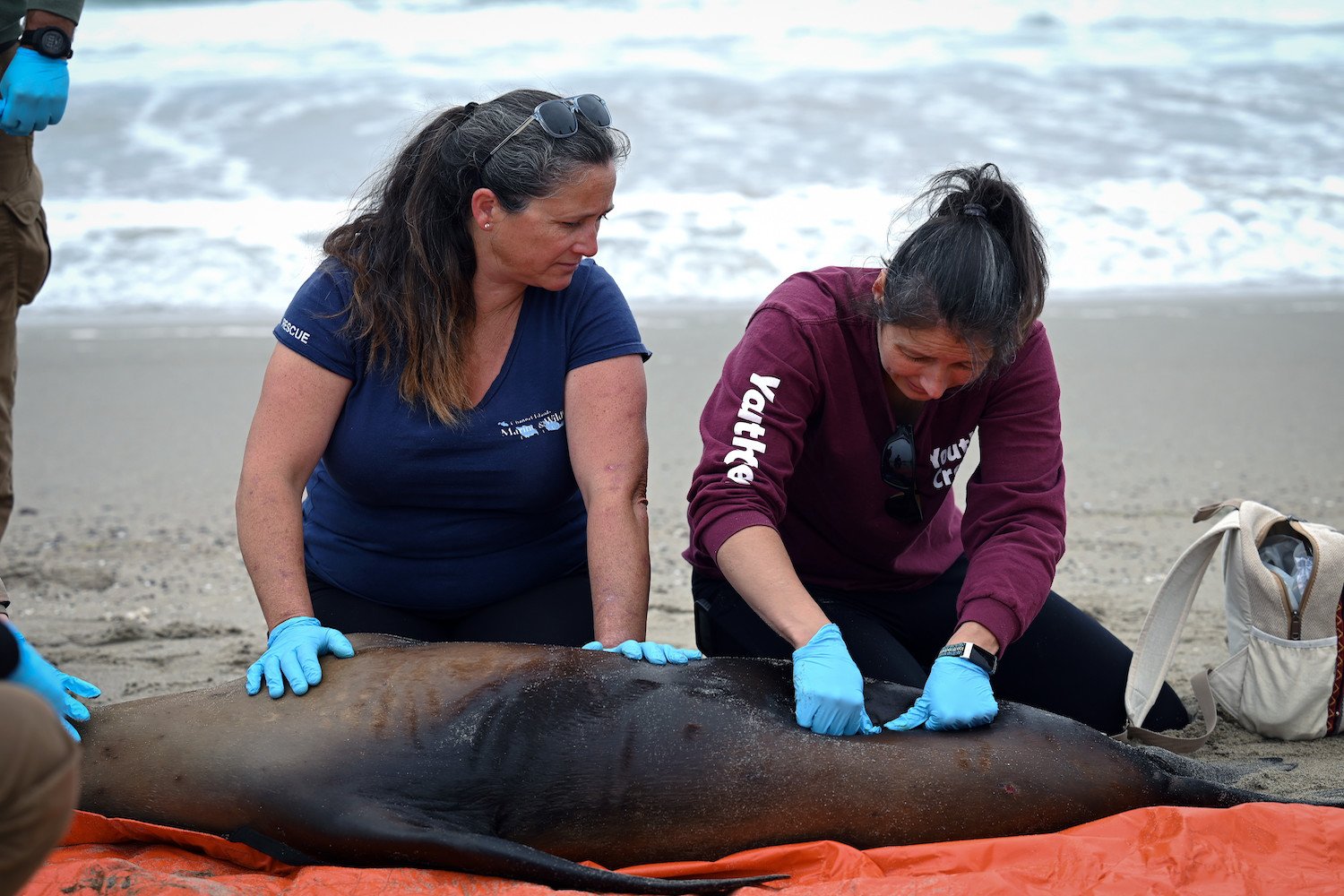The age-old question of whether our canine companions truly remember the past they share with us is one many dog owners ponder. Thankfully, scientific research is shedding light on the fascinating topic of dog memory, and the findings are encouraging. Studying animal cognition isn’t straightforward, partly because we can’t directly access their thoughts and partly because we’re prone to anthropomorphizing their behavior, like the famous case of Clever Hans, the horse mistakenly believed to solve math problems. This highlights the importance of rigorous scientific methods to avoid biases in animal behavior research. It’s crucial to distinguish between semantic memory (remembering facts) and episodic memory (recalling personal experiences), the latter being the focus of our exploration.
The Canine Mind and Episodic Memory
While older scientific thought suggested animals lacked episodic memory due to a perceived lack of self-awareness, recent research challenges this view. Neuroscientist Gregory Berns, a leading expert in canine cognition, points out that dogs possess the necessary brain structures, particularly the hippocampus, which is crucial for indexing and retrieving memories. “Your memories are scattered throughout your brain, and the hippocampus replays them,” Berns explained to maagx.com. “Every mammal we’ve examined has a similar hippocampus, suggesting they likely have similar memory processes.” A 2020 survey revealed that most dog owners believe their pets remember past events, even those from years ago. This aligns with scientific efforts to test episodic memory in dogs experimentally.
Demonstrating Episodic-like Memory in Dogs
A 2016 Hungarian study showed dogs could mimic their owner’s actions on command (“Do it!”), even unexpectedly during unrelated tasks. This suggests dogs remember observed actions without explicit training, a complex cognitive feat implying episodic-like memory. In a follow-up 2020 study, the same researchers trained dogs to repeat their own actions on command, then surprised them with requests to repeat spontaneous, everyday actions, which they successfully did. The researchers concluded this “suggests a far more complex representation of a key feature of the self than previously attributed to dogs.”
The Nuances of Canine Memory
While these studies provide compelling evidence, they often involve small sample sizes and focus on specific aspects of episodic memory rather than definitive proof. Dogs can’t verbally confirm their memories, and their memory processes undoubtedly differ from humans. Research suggests dogs have shorter memory spans than humans. However, emerging data indicates more commonalities between human and animal memory than previously assumed. Berns cites research on rats replaying recent events, even in their dreams, suggesting similar processes might occur in dogs. He states, “If it’s happening in rats, it’s almost certainly happening in dogs too.” Berns is also the author of the forthcoming book Cowpuppy, a memoir about his research on cow intelligence.
The Enduring Bond Between Humans and Dogs
Anecdotal evidence, like the story of Hachiko, the loyal Akita who waited for his deceased owner at the train station for nine years, further underscores the power of canine memory and the enduring human-animal bond. Hachiko’s unwavering loyalty, even in the face of loss, made him a national hero in Japan. While dogs may not remember precisely like humans, the connections we forge appear indelible for both species.
Conclusion
Although the precise nature of canine memory remains an area of ongoing research, evidence strongly suggests dogs possess a form of episodic-like memory, allowing them to recall shared experiences. While their memories might differ from ours in duration and detail, the emotional bonds we share are undeniably powerful and lasting, enriching the lives of both humans and their canine companions.











